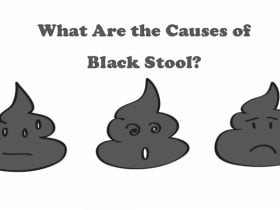Signs of iodine deficiency

You can easily identify an iodine deficiency in an individual by the effects it has on the thyroid gland and extension, the thyroid hormones.
One of the initial signs of the deficiency is an enlargement of the thyroid gland [2]. This enlargement of the gland is known as goiter. The gland grows larger than normal in response to the high demand for thyroid hormone as feedback to the deficiency.
Individuals living with goiter may experience symptoms such as;
- choking
- Difficulty in breathing
- Difficulty in swallowing
The major symptom of iodine deficiency is hypothyroidism. Hypothyroidism [3] occurs when your body’s level of iodine is lower than normal and the thyroid gland is not capable of producing thyroid hormones. This medical condition is also known as an underactive thyroid. This leads to a slow metabolism rate, leading to fatigue, weight gain, and the inability to tolerate colds.
Other symptoms of iodine deficiency include:
- Puffy skin
- Scaly and dry skin
- Infertility
- Hoarseness
- Confusion
- Coarse, thinning hair
- Constipation
- Muscle weakness
- High cholesterol level
- Pain in the muscles and joints
- Slowed heart rate
- Depression
- Poor memory
- Heavy periods during menstruation
In Infants and teenagers, the following symptoms can be observed;
- Frequent choking
- Puffy face
- Large tongue
- Extreme sleepiness
- Poor muscle tone
- Constipation
- Poor growth
- Delayed puberty
- Delayed tooth development
It can also cause problems relating to cognitive functions. For example;
- It can lead to low IQ
- It causes difficulty in learning
- It can lead to mental disabilities, especially in children.













